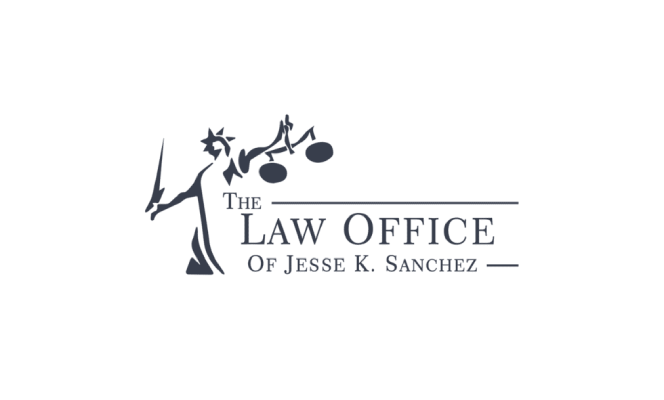The Controlled Substances Act (CSA) is part of the Comprehensive Drug Abuse Prevention and Control Act of 1970. This ACT is the legal cornerstone of the US government’s infamous war against drugs. The U.S. Drug Enforcement Administration (DEA) has divided drugs or substances into five categories, called “schedules,” based a drugs :
- Potential for abuse
- Safety
- Addictive potential
- If the substance has any legitimate medical applications
Schedule 1 (I) drugs, substances, or chemicals are defined by the federal government as drugs with no currently accepted medical use and a high potential for abuse. Schedule 1 (I) drugs are the most dangerous drugs of all the drug schedules with potentially severe psychological or physical dependence. Here are examples of Schedule I drugs:
- Heroin
- Lysergic acid diethylamide (LSD)
- Marijuana (cannabis)*
- Methylenedioxymethamphetamine or MDMA (ecstasy)
- Methaqualone
- Peyote
- GHB (gamma-hydroxybutyric acid) – except formulations in an FDA-approved drug product sodium oxybate (Xyrem) are Schedule III
- Psilocybin
- Synthetic marijuana and analogs (Spice, K2)
- Methaqualone (Quaalude)
- Khat (Cathinone)
- Bath Salts (3,4-methylenedioxypyrovalerone or MDPV)
This was not an exhaustive list.
If You Arrested With a Schedule I Drug
Possession of a Schedule I drug is a felony offense. If you are arrested with a Schedule I Drug in your possession, you will need to hire an Indianapolis criminal defense lawyer. Give our office a call at (317) 721-9858 today!




